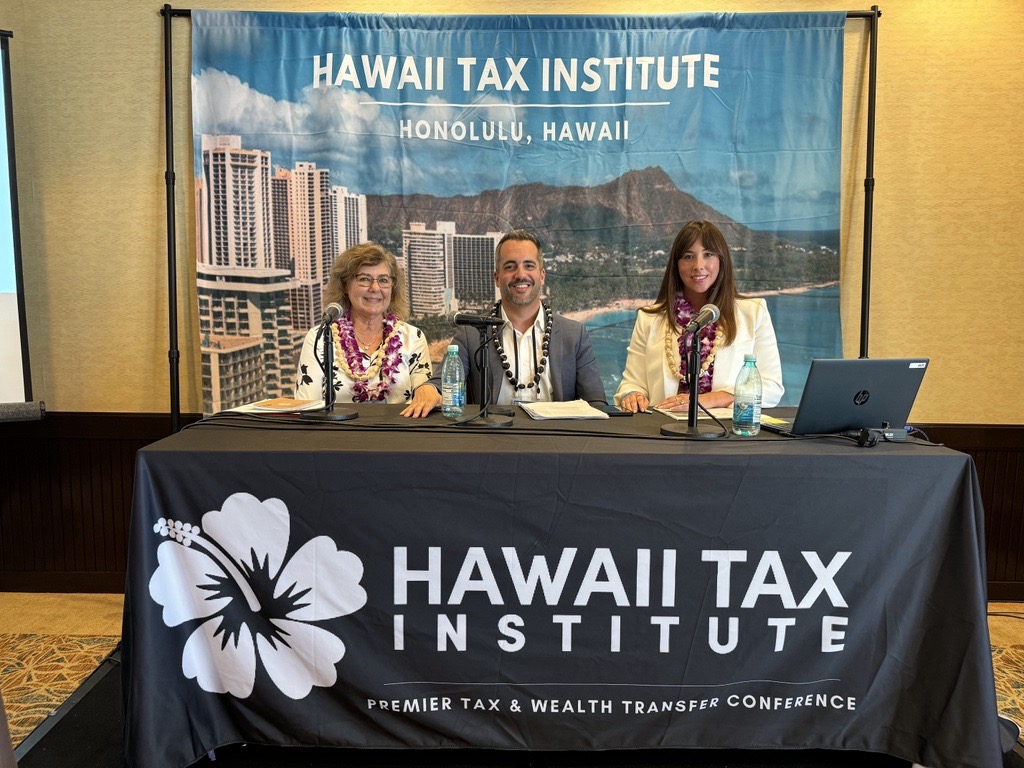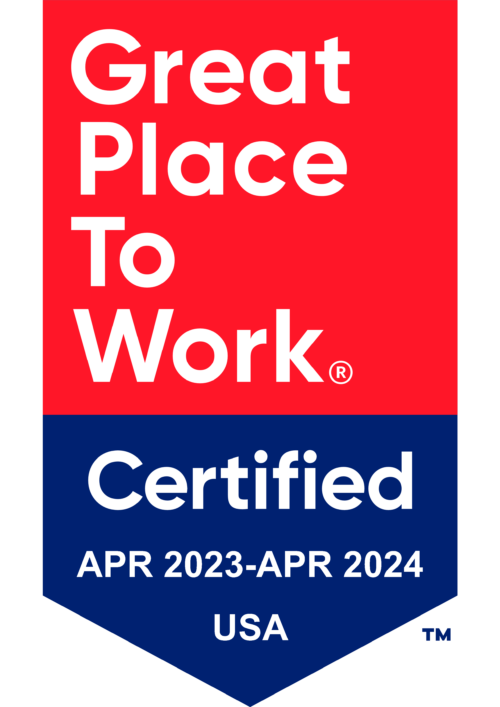Overview
A recent client of Keystone was put in the position of having to answer these difficult questions when she learned that her elderly mother, who has advanced Alzheimer’s disease, was confined inside a home that had become a hotbed of suspected COVID-19 cases, with at least three residents showing visible signs of the illness. Thankfully, the client had in her corner Keystone’s team, who was able to obtain emergency orders from the Los Angeles Probate Court through the appointment of a temporary conservator that authorized the client to immediately move her mother out of this unsafe residence and into her home, potentially saving the mother’s life.

COVID-19’s Impact on the Elderly
As COVID-19 continues to sweep across the nation, senior citizens remain most at risk for succumbing to the deadly illness. Everyday errands, such as grocery shopping and visiting the bank, are now perilous, even for healthy people. Just imagine how dangerous such outings are for elderly individuals who were having a hard time getting by on their own before the crisis.
It is widely known that seniors 65 and older are more prone to suffering life-threatening or fatal consequences as a result of becoming infected with the Coronavirus. Since a large portion of individuals in this demographic also have physical or cognitive limitations that prohibit their ability to adequately care for and protect themselves, it is crucial they have a responsible adult with their best interests at heart who can oversee their day-to-day affairs, safeguard their wellbeing and make important decisions on their behalf. The legal term for such a person is a conservator, and it’s a role granted through either a temporary, limited or permanent conservatorship. A conservator can be anyone from a family member to a judge-appointed caretaker.

What Is a Conservatorship?
A conservatorship is the legal term for when a probate court appoints a responsible person or organization as “conservator” to manage the daily life and/or finances of an individual, or “conservatee,” who is unable to adequately care for himself/herself due to physical or mental disabilities. The level of authority a conservator can exercise over a conservatee varies from case to case and depends on the contents of the petition filed, as well as on the judge’s appraisal of the situation.
In California, there are three types of conservatorships:
Probate Conservatorship. A probate conservator can be appointed to manage the conservatee’s “person” and/or “estate.” A conservator of the person manages the conservatee’s personal affairs and is responsible for making sure the conservatee has proper food, clothing, shelter and health care. A conservator of the estate manages all aspects of the conservatee’s financial affairs.
Limited Conservatorship. A limited conservatorship allows for narrow control over certain aspects of a person’s life. It is usually the type of conservatorship granted to those caring for adults with developmental disabilities, mental illnesses or special needs (e.g., autism, Down syndrome). In a limited conservatorship, the court can appoint a limited conservator of the conservatee’s person and/or estate.
LPS (Lanterman-Petris Short) Conservatorship. In an LPS conservatorship, the court appoints a responsible person as the conservator for a mentally ill adult, the conservatee. LPS Conservatorships can only be initiated by a local government agency, such as the county’s Public Guardian or Public Conservator.
Typically, when a petition to appoint a conservator is filed with the court, the petition is set for hearing several months later, and all of the conservatee’s family members receive advance notice and the opportunity to object to the petition. While the hearing on the permanent petition is pending, judges are also able to grant temporary conservatorships, or emergency conservatorships, in the event a living situation is posing a clear and immediate threat to a physically or mentally incapable individual, and there is not enough time to secure a permanent conservatorship without increasing the proposed conservatee’s risk level.
Emergency conservatorships and temporary conservatorships have proven particularly useful amid the COVID-19 pandemic because of the inherent exigency that arises whenever an elderly person is potentially exposed to the virus. Living situations that were once safe for elderly individuals are now proving to be exceedingly dangerous to them because of the highly infectious nature of the disease. While courts have put most trials on hold until further notice, they do remain open to individuals filing petitions for an emergency conservatorship.
An In-Depth Look into Keystone’s Temporary Conservatorship Case
A staggering one in three individuals aged 85 and older has Alzheimer’s disease, a neurodegenerative disorder that causes debilitating issues with behavior, memory and cognition. Combine the mental limitations brought on by Alzheimer’s with the grave, immediate threat of COVID-19, and the risk of contracting and succumbing to the virus exponentially increases. What if the patient altogether forgets about the pandemic and goes out in public without taking the proper precautions? What if a patient becomes infected and fails to report to his or her physician for care? The list for what could go wrong in this scenario is endless.
In a recent Keystone case involving a temporary conservatorship, our client expressed concern about the living situation of her elderly mother who has Alzheimer’s disease and, as a result, is unable to tend to her medical and personal needs without assistance. The client’s mother was residing in the home of the client’s brother. While the home once served as a suitable residence for the mother, it recently became a hotbed for suspected COVID-19 cases, with at least three of its residents showing visible signs of the illness.

One of those individuals was the mother’s sole caregiver. It concerned our client that the caregiver was providing her mother with meals and medication while having a fever and not wearing the recommended protective gear (e.g., a mask), despite countless reprimands to do so. Also worrisome to the client was her brother’s apparent unwillingness to comply with government social-distancing guidelines when on March 21, 2020, a day after California Gov. Gavin Newsom passed the mandatory stay-at-home order, he invited several friends over for dinner. The client believed her brother was failing to take seriously the risk posed to his mother’s health and life. The mother also was frequently in the presence of other members of the household who were experiencing symptoms typical of COVID-19, and the client did not believe any of these individuals had been tested.
The client wanted to immediately move her mother out of this unsafe residence and into her own home, as well as replace her mother’s current caregiver with a licensed health care professional who possessed the personal protective gear required to care for elderly patients amid the pandemic. “Our client did not have the luxury of time when it came to ensuring the health and safety of her mother through the pandemic,” says Keystone partner Joshua D. Taylor, Keystone’s lawyer who handled this case. “We had to take immediate action to have our client appointed temporary conservator by the court.”
To make for a stronger case, our client went the extra mile to safeguard her mother’s health by having herself tested for COVID-19 prior to petitioning the court. Because her test was revealed to be negative and Keystone’s conservatorship attorneys presented a compelling case about the dangerous circumstances surrounding her mother’s living conditions — an argument the client’s brother appeared in court to object to — the judge, after holding oral argument, granted our client temporary conservatorship over her mother, who was able to be immediately relocated to the safety of our client’s home.
Had the client not acted quickly to reach out to our law firm for help removing her mother from the hazardous environment in which she was residing, the outcome may not have been so positive.
“Thanks to the urgency and efficiency with which our attorneys handled this case, the client, as temporary conservator, can feel at ease that her mother is safely sheltered according to public health guidelines and adequately cared for by healthy caregivers with the proper accreditations and protective equipment,” says Shawn Kerendian, managing partner at Keystone.
“It’s a 180-degree change. My mother is thriving,” our client says. “She is engaged all day, so she sleeps through the night. She is smiling, walking, singing, eating and so on. Her caretaker is incredible, and my mother loves her.”
The Takeaway

I just have no words to express my gratitude for what you have done for our lives.
“You have truly acted to save my mother’s life,” the client tells Keystone. “In this short amount of time, we can already see such a difference. It tells us more and more of the horrible sentence my mother was serving under my brother’s care. It’s almost as if a terrible decree has been lifted.”
Find a Conservatorship Attorney










